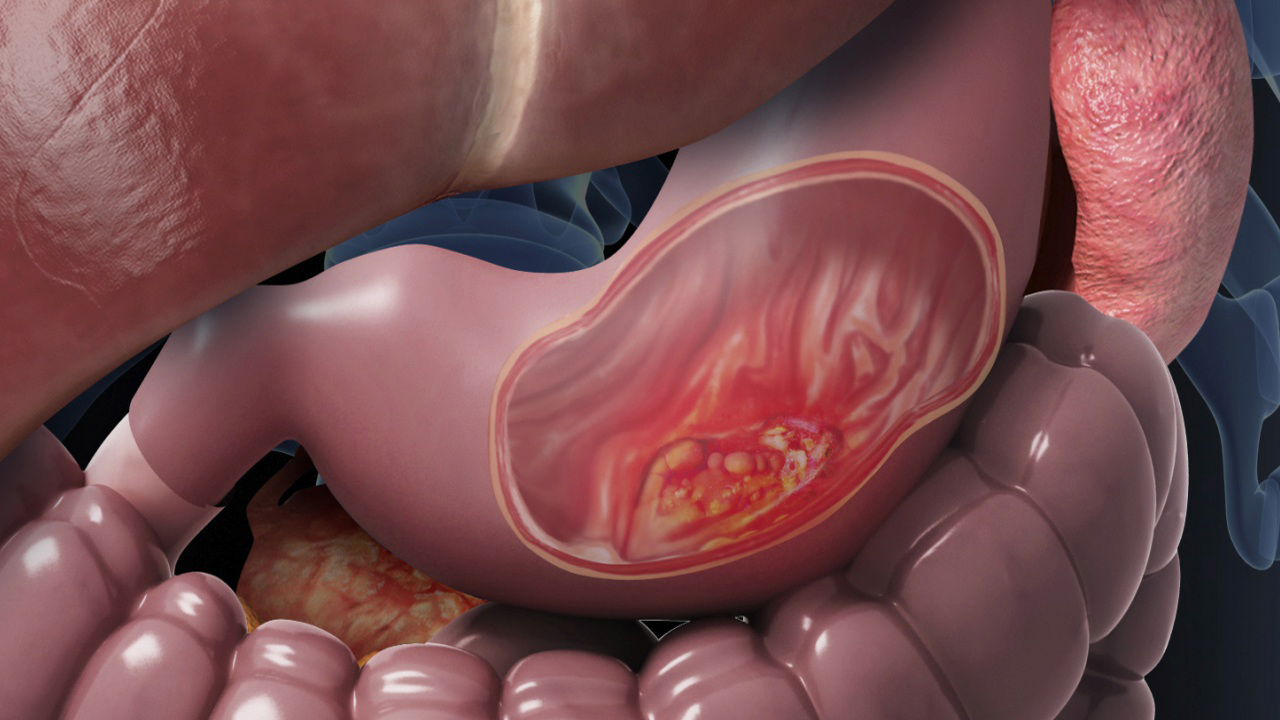
Stomach can.cer, also known as gastric can.cer, is a disease that begins in the cells of the stomach lining. This form of can.cer can develop silently and is frequently diagnosed in its advanced stages. Understanding the symptoms, causes, and treatment choices is critical for timely diagnosis and appropriate disease management.
What is stomach can.cer?
Stomach can.cer develops when malignant cells form in the inner layers of the stomach, resulting in tumors. Adenocarcinoma is the most frequent type of stomach can.cer, accounting for approximately 90% of all cases. Other types include lymphomas, gastrointestinal stromal tumors (GISTs), and squamous cell carcinomas.
Symptoms Of Stomach Can.cer

Symptoms of stomach cancer can be vague and ambiguous, particularly in the early stages. However, some typical indications are:
- Chronic stomach pain or discomfort
- Loss of appetite and unexplained weight loss.
- Nausea and vomiting, including blood.
- Dysphagia refers to difficulty swallowing.
- Fatigue and weakness.
If you or someone you know experiences these symptoms, it is critical to seek medical assistance for a thorough examination.
Causes of Stomach Can.cer

The causes of stomach can.cer are multifactorial and may include a combination of genetic and environmental factors. Some of the most common risk factors are:
- Helicobacter pylori infection is related with persistent stomach inflammation.
- A diet high in salt and processed foods, smoked meats, and canned goods.
- A family history of stomach cancer.
- Excessive smoking and drinking.
- Preexisting diseases include chronic gastritis and pernicious anemia.
- Understanding these characteristics can aid in the prevention and early identification of disease.
Stomach Canc.er Treatment

Treatment for stomach can.cer is determined by the stage of the disease, the location of the tumor, and the patient’s general condition. Treatment alternatives include:
- Surgery: To remove the tumor, the stomach is partially or completely removed (gastrectomy).
- Chemotherapy: the use of medications to eliminate cancer cells, which is commonly done before or after surgery.
- Radiation treatment: the use of radiation to kill cancer cells and shrink tumors.
- Targeted therapies: treatments that directly target cancer cells while having little effect on healthy cells.
Stomach can.cer is a serious illness that necessitates expert treatment and attention. Identifying symptoms early on and identifying risk factors can make a big difference in prognosis. If you believe you are at risk, seek medical attention right once. Prevention and early treatment are the most effective approaches to combat this condition.

















